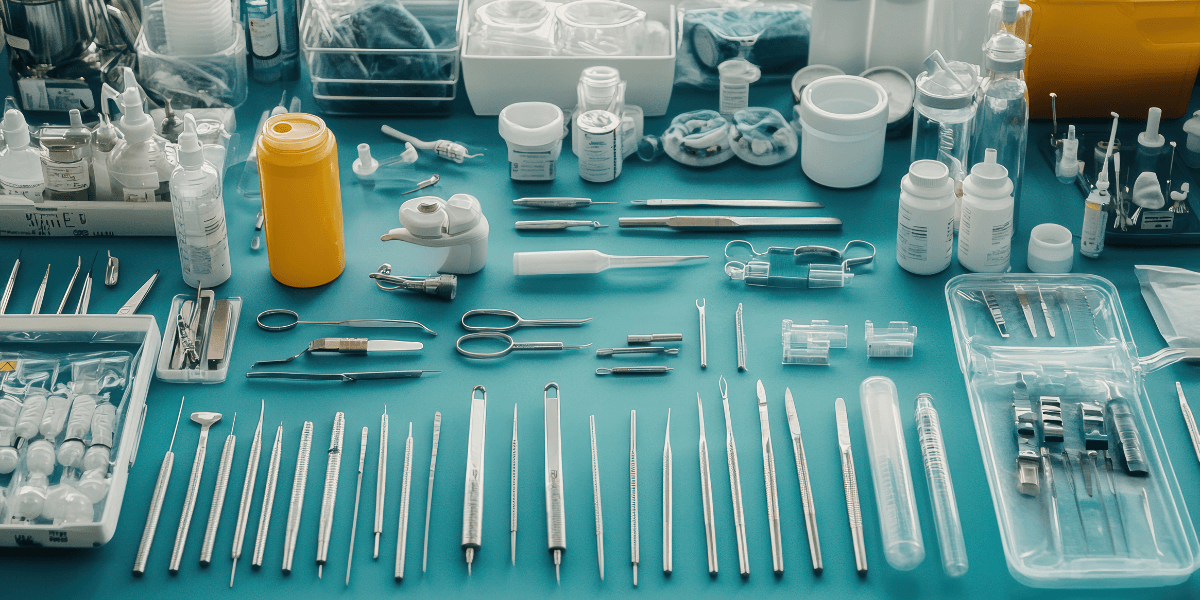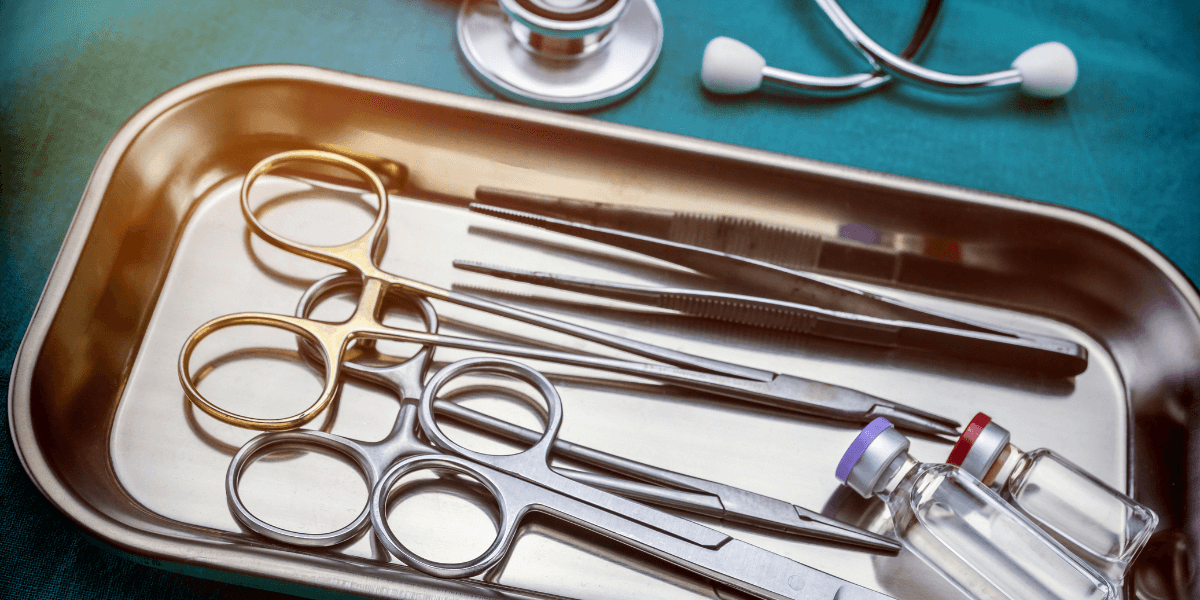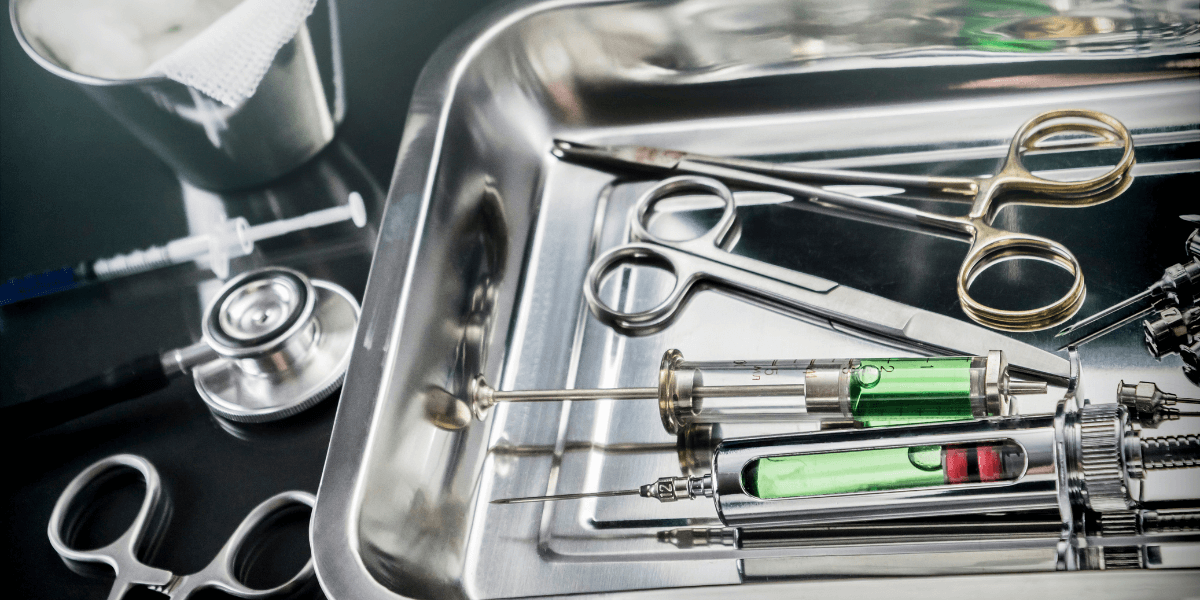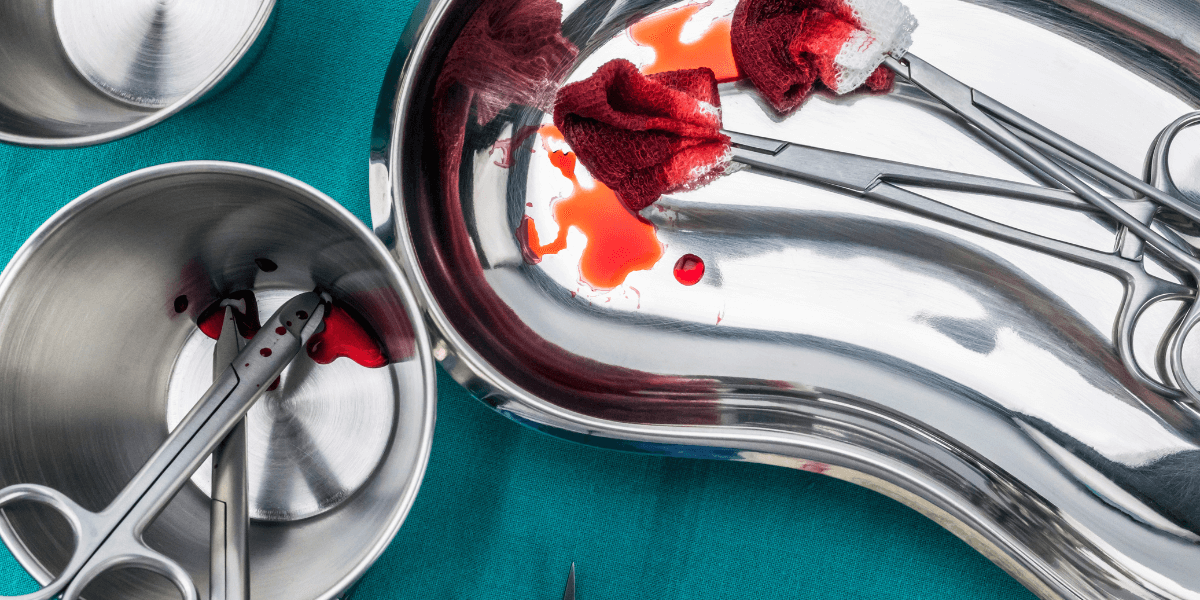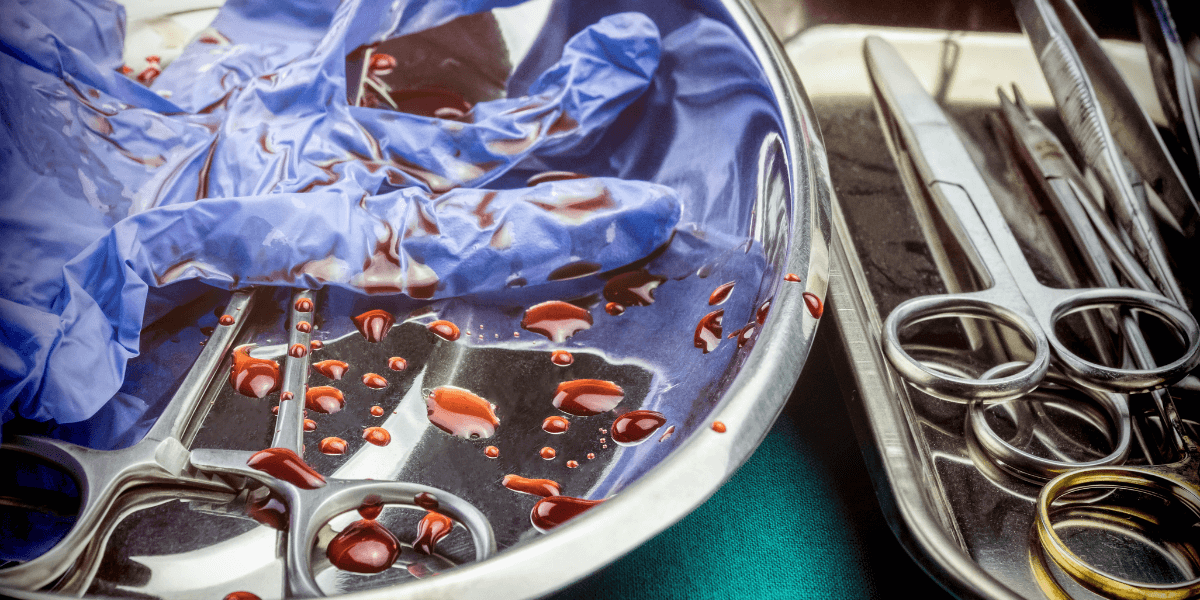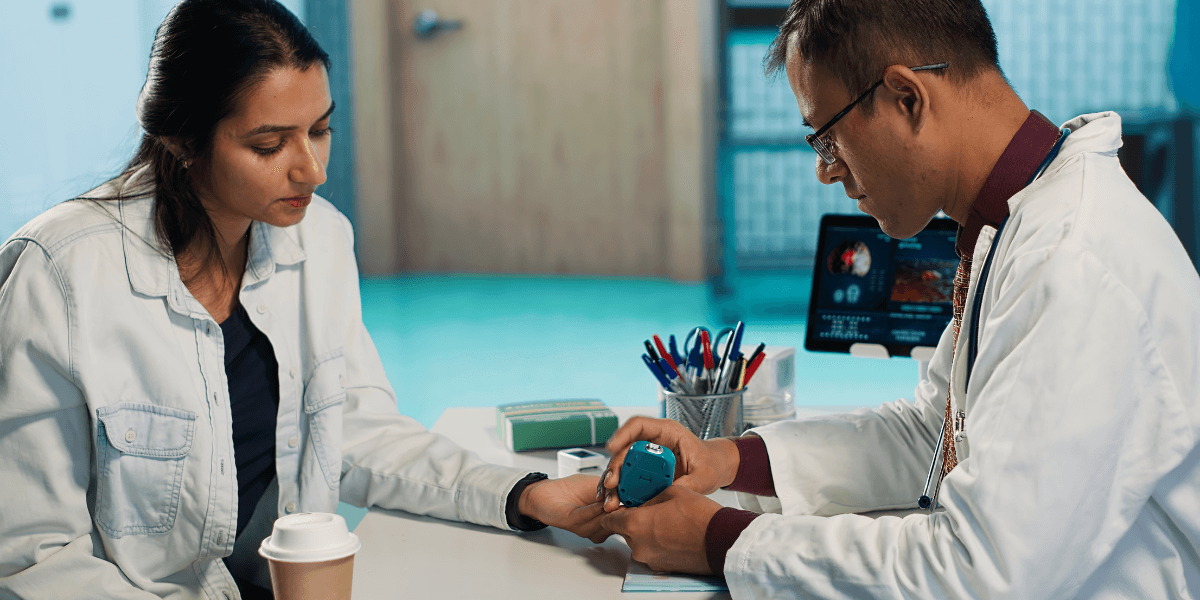Medical instruments play a central role across diagnosis, treatment, and surgical care. Selection decisions influence hygiene standards, operational costs, workflow efficiency, and patient outcomes. Healthcare facilities frequently evaluate single-use medical instruments alongside reusable ones when planning procurement strategies. Understanding how each category functions supports informed purchasing decisions and consistent medical instrument safety practices.
Understanding Medical Instrument Categories
Medical tools fall into two primary categories based on intended lifespan. Disposable medical instruments serve one clinical procedure before disposal, while reusable tools undergo cleaning and sterilisation cycles before repeated use. Both categories support patient care across varied clinical settings.
Functional Characteristics of Single-Use Instruments
Design and Intended Use
Single-use instruments ar






